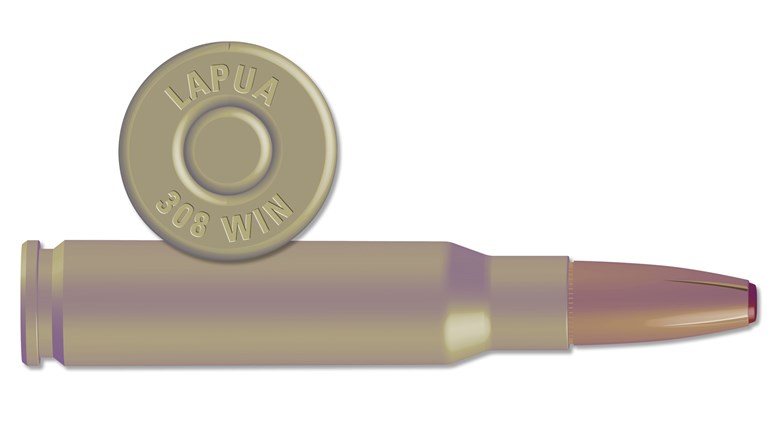
After two months of negations with union leaders, the parent company of Winchester Ammunition announced last week it will move its centerfire ammunition operations to Oxford, MS, effectively eliminating 1,000 manufacturing jobs at its East Alton, IL, facility.
Members of the International Association of Machinists and Aerospace Workers rejected two contracts offered by Olin Corp. over a two-week period in October. In exchange for job security, workers were asked to approve a wage freeze for the duration of the agreement, the elimination of a fifth week of vacation, a cessation of company matches to the workers' 401(k) retirement plan and other concessions.
Despite Olin's repeated insistence to union members that it was seriously considering relocating Winchester centerfire operations to Mississippi to enhance the competitiveness of its operations, many union workers insisted the company was bluffing, according to local newspaper reports.
The second of the two contracts was rejected despite an additional pledge agreed to by Olin that "no existing jobs shall be relocated" from East Alton to the existing Olin production plant in Oxford for the duration of the seven-year contract.
Winchester rimfire ammunition is currently being produced at the Olin facility in Oxford.
Olin President and CEO Joseph Rupp said in a statement last week that Mississippi Gov. Haley Barbour and the state "stepped forward with significant incentives" for Winchester.
Mississippi business journals are reporting part of the incentives package offered to Winchester/Olin includes the Mississippi Development Authority providing Lafayette County with $25 million through the Mississippi Industry Incentive Financing Revolving Fund to build a new 500,000-square-foot building adjacent to the current Winchester facility in Oxford that will be publicly owned. In addition, the county is providing site and site-preparation work.
"This 500,000 square foot facility will house all of the Centerfire Operations in one building, providing Winchester with significant efficiencies," Rupp said. "Combined with lower labor costs, those efficiencies will allow us to deliver quality products and compete effectively in this highly competitive industry."
Rupp assured Winchester customers the transition will take place over several years and that a smooth transition and continued, consistent and uninterrupted supply is anticipated.




































